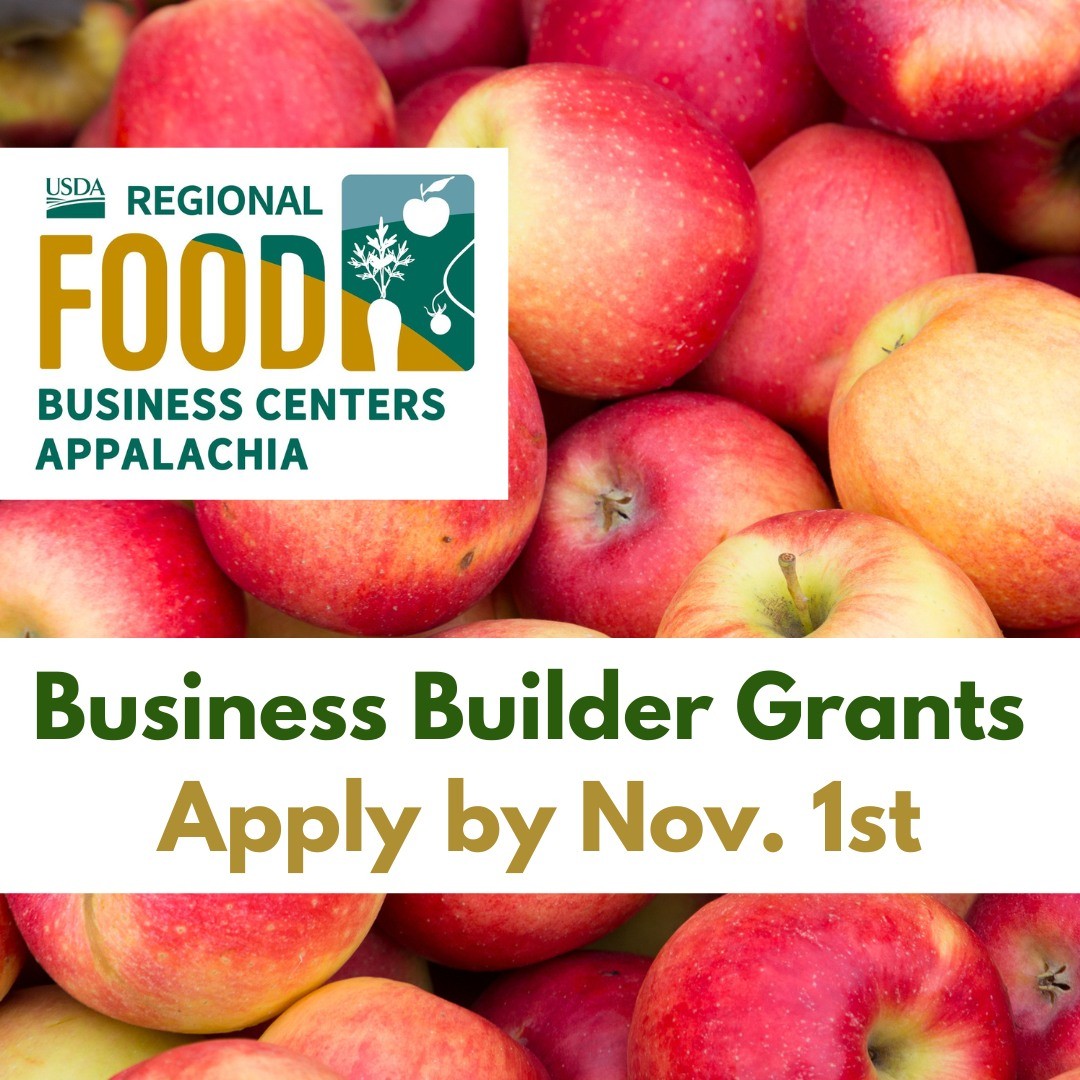From the Community Alliance for Social Justice
Seattle, WA: African and US Food Movement Leaders Unite in Opposition to the Gates Foundation’s Agricultural Development Program
On October 12th, several of Africa’s leading proponents of sustainable agriculture will take part in a major public event to highlight the damaging effects of the Gates Foundation’s agricultural development program.
The public event on October 12th is a highlight of the Africa-US Food Sovereignty Strategy Summit. African leaders from six nations representing regional and continent-wide networks are in Seattle to meet with leaders from over a dozen US organizations in order to promote farmer-led solutions to hunger and climate crises, share research, develop strategies and explore ways to protect communities faced with the consequences of industrial agriculture as promoted by the Gates Foundation.
Since 2006, they argue, the Gates Foundation has negatively impacted the very people it has claimed to be helping – some of the world’s poorest farmers. According to AGRA Watch research, the Foundation has doled out over $300 million between 2009-2011 for projects promoting genetically engineered crops, industrial agriculture, and privatization of the seed industry.
While Gates’ vision encourages industrial production, both African and US farmers advocate for agroecological production, which uses natural processes to enrich soils, conserve water, and fight pests through biodiversity. These low-input, locally adaptable styles of agriculture have been shown to produce more food per hectare than industrial farming and require no fossil fuel inputs.
“Although investment from the Gates Foundation could be appreciated if it was used for supporting agroecological farming, it is largely pushing chemical-based agriculture. High input agriculture is eroding the age old and really useful knowledge of the community,” said Million Belay, Director of Alliance for Food Sovereignty in Africa.
Advocates are calling on the Gates Foundation to shift their funding priorities to socially and ecologically appropriate practices determined by African farmers – practices backed up by research from the UN and World Bank sponsored IAASTD summit.
“Communities resist and will continue to resist any large scale implementation,” says Herschelle Milford of the Surplus People Project and Agrarian Reform for Food Sovereignty Campaign, South Africa. “They might not have the financial and scientific means but they will fight socially and politically.”




